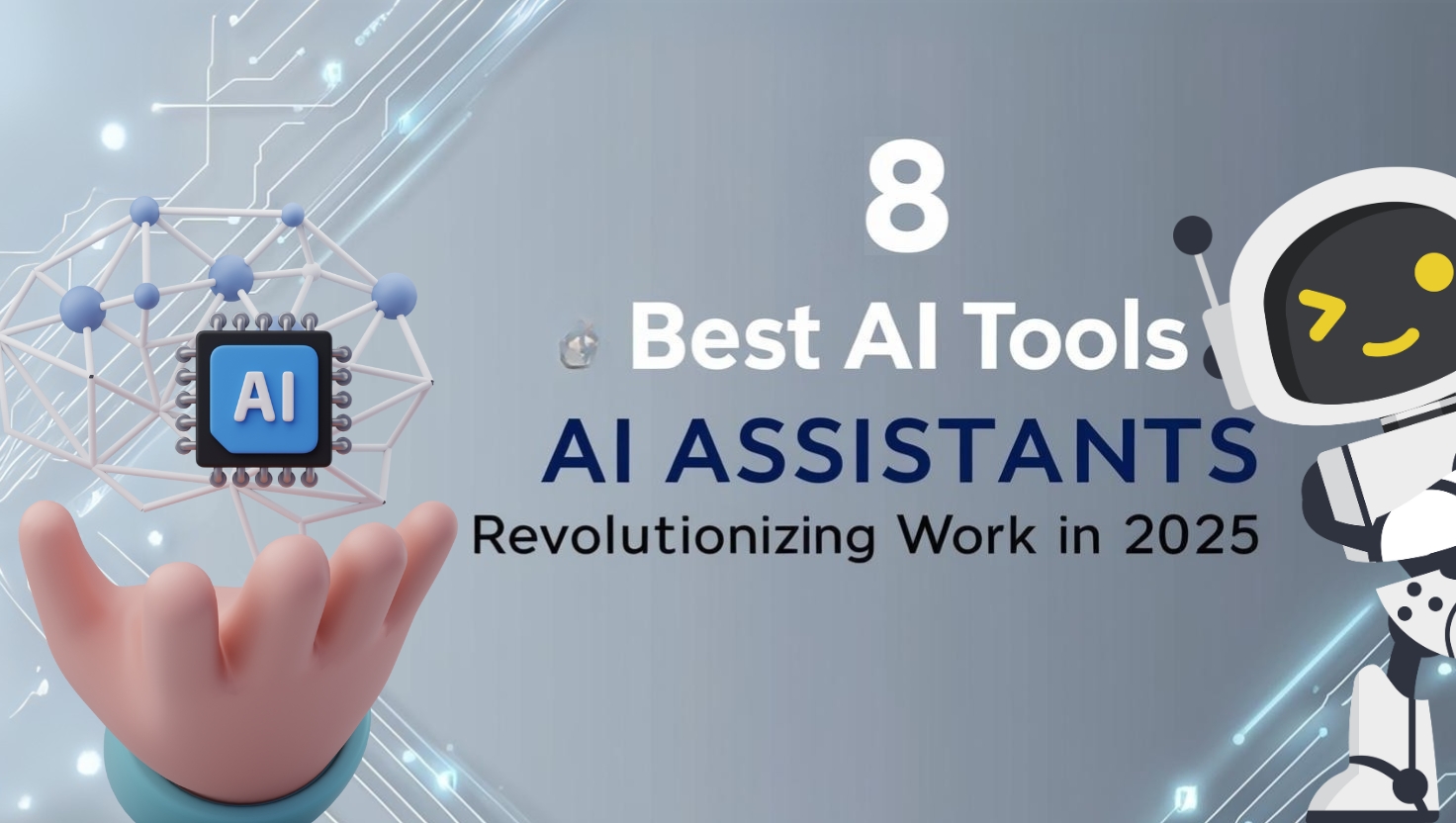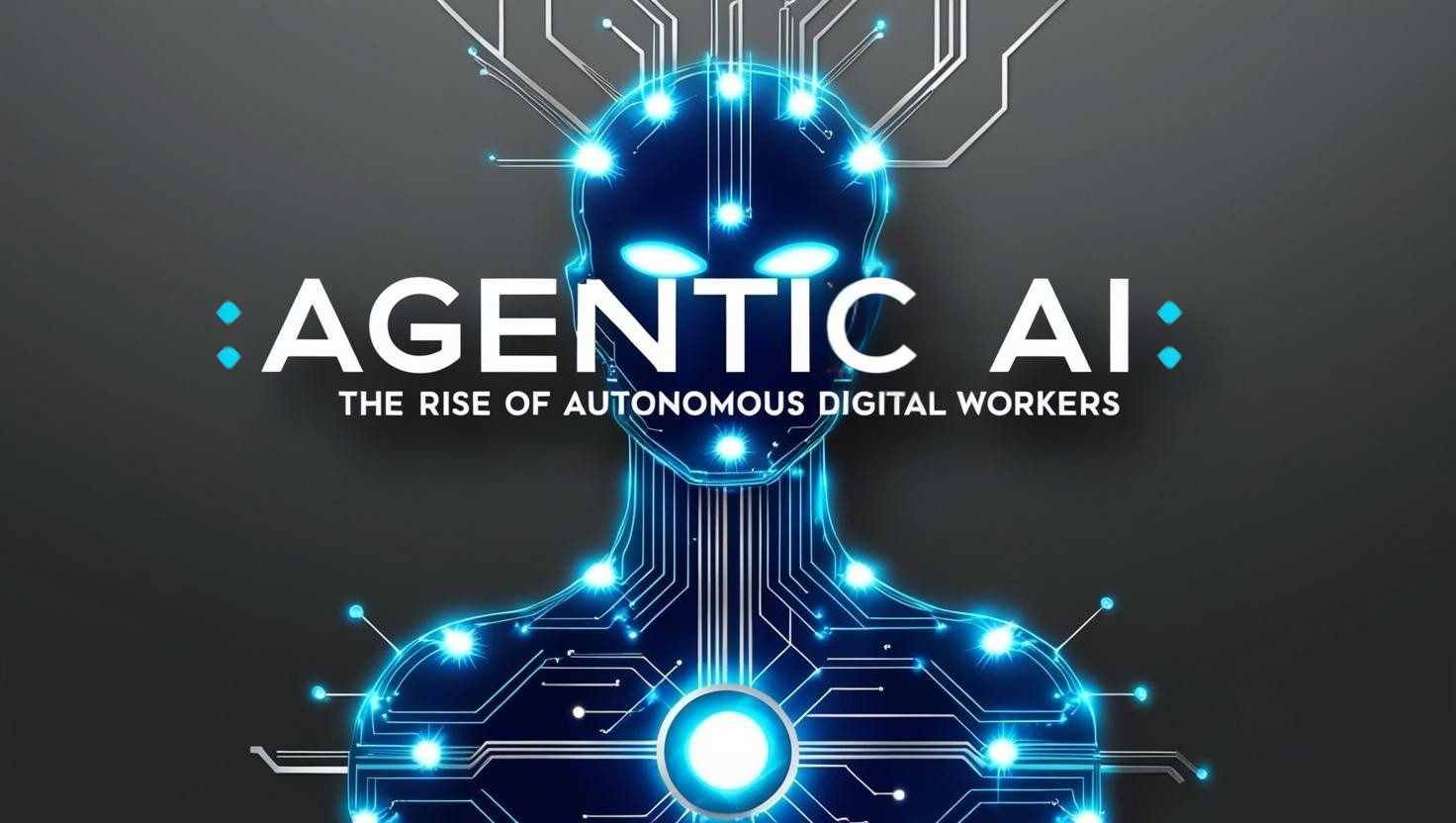The Future of Cybersecurity Careers: Skills and Trends for 2025 and Beyond
Introduction: Future of Cybersecurity
Future of Cybersecurity, By 2025 cybercrime is projected to cost the global economy $10.5 trillion annually, creating an urgent demand for skilled professionals who can defend against evolving threats 4 6 . Whether you’re just starting your career or looking to pivot, cybersecurity offers unparalleled growth, competitive salaries, and the chance to shape a safer digital future. Let’s explore the Cybersecurity Careers 2025 skills, roles, and trends that will define this dynamic field in the years ahead.
Key Trends Shaping for the Future of Cybersecurity
- AI vs. AI: The Rise of Intelligent Defense
Cybercriminals now use AI to automate attacks, from deepfake phishing to adaptive malware. In response, defenders are adopting AI-driven tools for real-time threat detection and incident response. By 2025, 40% of enterprises will integrate AI into their security strategies, creating demand for roles like AI Security Architects and Threat Intelligence Analysts 1 9. - Zero Trust: “Never Trust, Always Verify”
Traditional security models are obsolete. Zero Trust Architecture (ZTA) requires continuous validation of users and devices—even inside the network. Professionals skilled in Identity and Access Management (IAM) and microsegmentation will lead this shift 4 9 . - Quantum Computing: A Double-Edged Sword
Quantum computers threaten to crack today’s encryption, but they also enable unbreakable quantum cryptography. Specialists in post-quantum encryption and Quantum Key Distribution (QKD) will be critical to safeguarding data . - Cloud Security: Protecting the Virtual Frontier
With 90% of businesses adopting multi-cloud environments, securing platforms like AWS and Azure is non-negotiable. Cloud Security Engineers who understand compliance (GDPR, SOC 2) and encryption will dominate this space . - OT Security: Guarding Critical Infrastructure
Attacks on power grids, hospitals, and factories are rising. Professionals with expertise in Industrial Control Systems (ICS) and SCADA security will be in high demand to protect operational technology (OT) .
Essential Skills for 2025
Technical Skills
- AI/ML Proficiency: Automate threat detection and analyze attack patterns using tools like TensorFlow .
- Cloud Security: Master IAM, encryption, and compliance frameworks (e.g., ISO 27001) .
- Ethical Hacking: Use platforms like Hack The Box to simulate attacks and patch vulnerabilities .
- DevSecOps: Integrate security into software development pipelines to prevent breaches early .
- Quantum Cryptography: Learn lattice-based encryption to counter quantum threats .
Soft Skills
- Communication: Translate technical jargon for executives and non-tech teams .
- Adaptability: Stay ahead of threats like ransomware-as-a-service (RaaS) and AI-driven exploits .
- Problem-Solving: Tackle zero-day vulnerabilities and multi-vector attacks .
Top Cybersecurity Careers for 2025
- AI Security Architect
- Role: Design AI models to detect and counter adversarial attacks.
- Salary: $150K–$220K .
- Skills: Machine learning, threat modeling, CISSP certification .
- Cloud Security Engineer
- Role: Secure AWS/Azure environments and enforce compliance.
- Salary: $130K–$180K .
- Skills: Kubernetes, DevSecOps, CCSP certification .
- Quantum Cryptography Specialist
- Role: Develop quantum-resistant encryption for governments and enterprises.
- Salary: $140K–$200K .
- Zero Trust Network Engineer
- Role: Implement microsegmentation and IAM frameworks.
- Salary: $120K–$170K .
- IoT Security Analyst
- Role: Protect smart devices in industries like healthcare and manufacturing.
- Salary: $95K–$140K .
How to Prepare for Success
- Certifications Matter:
- Advanced: CISSP for leadership roles, OSCP for ethical hacking .
- Entry-level: CompTIA Security+ or CEH .
- Hands-On Experience:
- Use platforms like TryHackMe or HTB’s Active Directory labs to practice real-world scenarios .
- Stay Curious:
- Follow threat reports from Krebs on Security or Dark Reading .
- Attend webinars on AI governance or Zero Trust frameworks .
- Embrace Skill-Based Hiring:
- Employers prioritize practical skills over degrees. Build a portfolio with CTF competition wins or open-source contributions .
Conclusion: Your Path to a Rewarding Career
The cybersecurity field is booming, but success requires more than technical know-how. Stay agile, invest in certifications like CISSP or CCSP, and align your skills with trends like AI and quantum computing. Whether you’re defending cloud infrastructures or securing smart cities, your work will directly impact global security.
What cybersecurity career path excites you the most? Share your thoughts in the comments below!
The future is bright—and it’s waiting for you to guard it.
Explore More: Dive deeper into certifications and training programs mentioned in CybrVault or Hack The Box. Let’s build a safer tomorrow, one byte at a time! 🔒
Want to Read More? Check out our 2025’s Top Privacy-Focused AI Tools. or How to Secure Ai tools


















